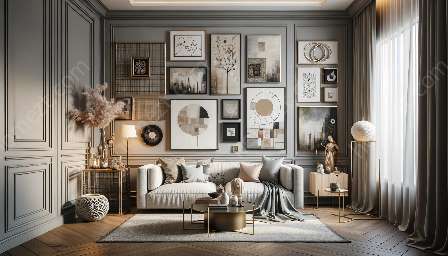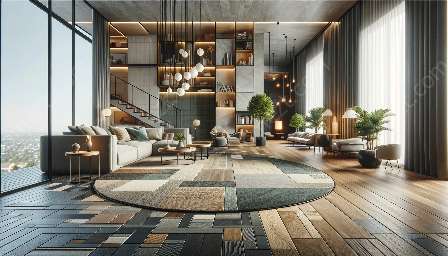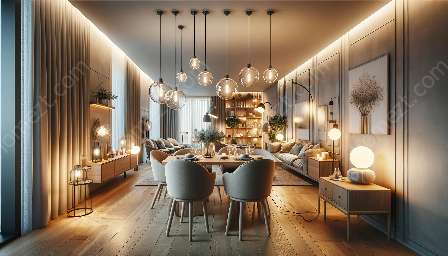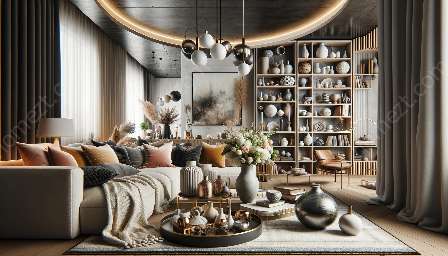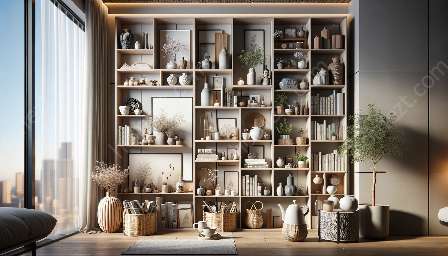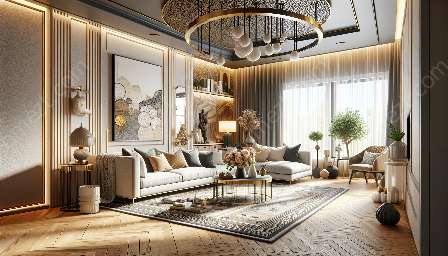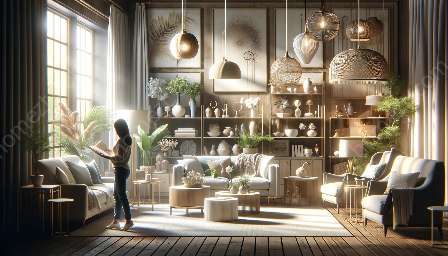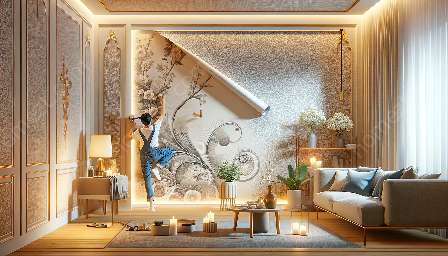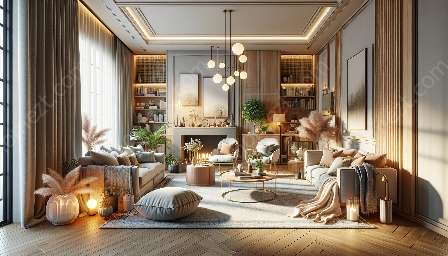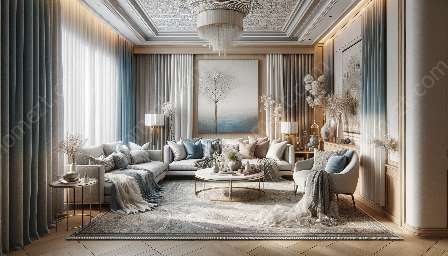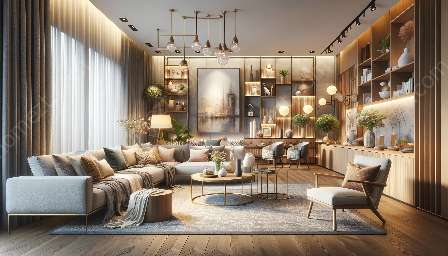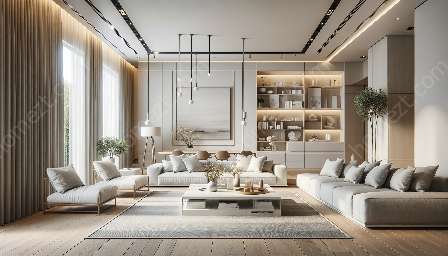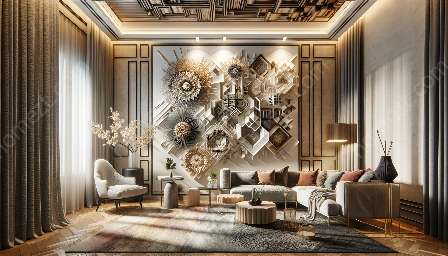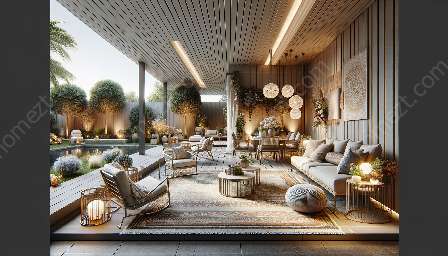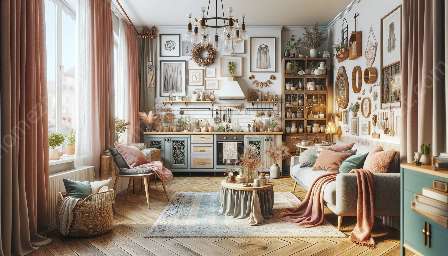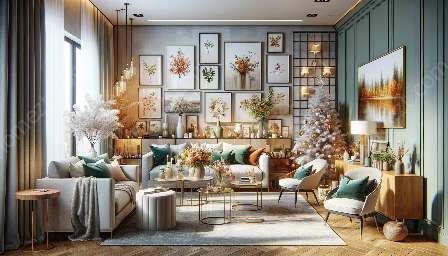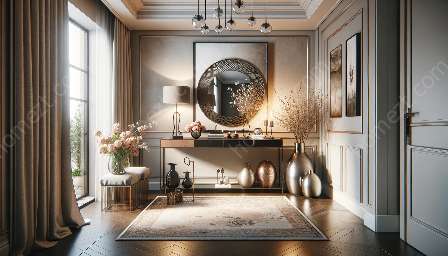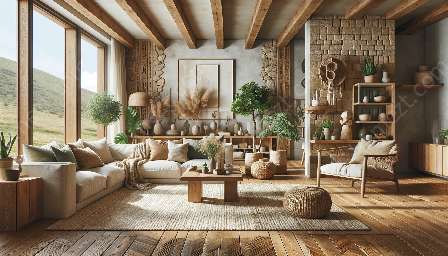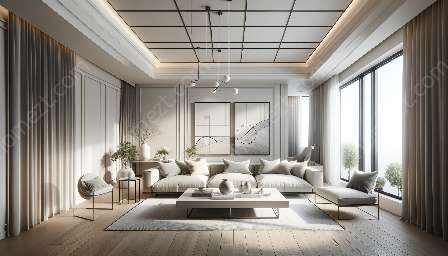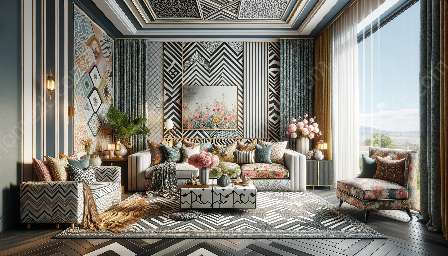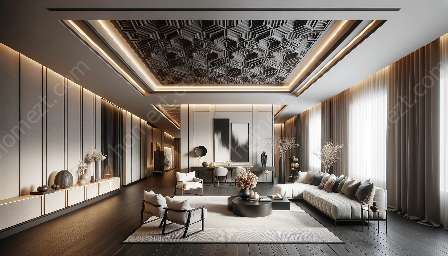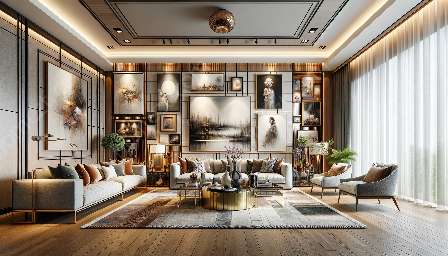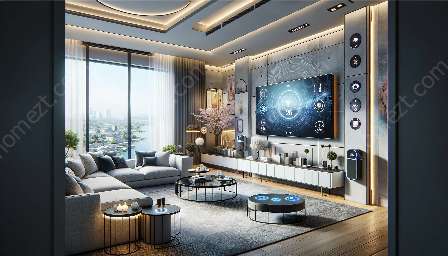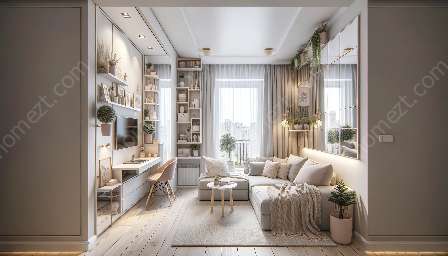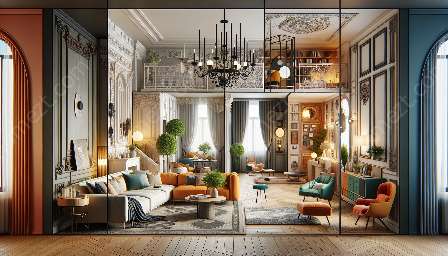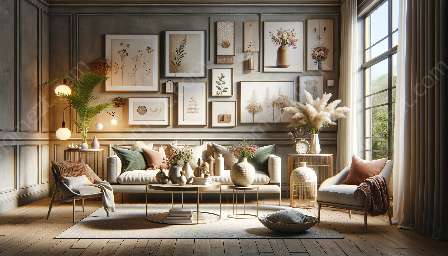Designing functional spaces involves more than just practical considerations; it requires an understanding of cultural and ethical aspects to create attractive and real designs that are compatible with decorating. Let's explore the factors to keep in mind when choosing decor and design elements for functional spaces.
The Influence of Culture and Tradition
Cultural and traditional influences play a significant role in the choice of decor and design elements for functional spaces. Each culture has its unique aesthetics, symbols, and values, which should be respected and integrated into the design process. For example, in some cultures, specific colors and patterns hold significant cultural meaning, and using them thoughtfully can infuse spaces with cultural richness and authenticity.
It's essential to conduct thorough research and engage with local communities to understand the cultural nuances and preferences before incorporating design elements into functional spaces. By respecting and embracing diverse cultural elements, designers can create inclusive and welcoming environments that resonate with the people who inhabit them.
Sustainability and Ethical Considerations
When selecting decor and design elements for functional spaces, ethical and sustainable considerations are of utmost importance. Sustainable design practices not only contribute to environmental preservation, but also support ethical production processes and fair labor practices. Choosing eco-friendly materials, reducing waste, and supporting local artisans and craftsmen are ethical considerations that can positively impact the environment and communities.
Furthermore, ethical considerations extend to the social impact of design choices. Designers must consider the potential societal implications of their decisions, ensuring that the decor and design elements they choose uphold ethical standards and promote inclusivity and social responsibility.
Functional and Practical Design Choices
While cultural and ethical considerations are crucial, functional spaces also require practical design choices to ensure usability and efficiency. Integrating practical considerations, such as ergonomic furniture, efficient storage solutions, and optimal lighting, is essential for creating spaces that serve their intended purpose effectively.
It is vital to strike a balance between cultural, ethical, and practical considerations, harmonizing them to produce designs that are not only visually appealing, but also functional and user-friendly. A successful design seamlessly integrates these various elements, creating spaces that embody cultural richness, ethical consciousness, and functional efficiency.
Applying Cultural and Ethical Considerations to Decorating
When it comes to decorating functional spaces, understanding cultural and ethical considerations is equally vital. Decor should complement the overall design while aligning with the cultural and ethical principles observed in the design process. Utilizing decor that reflects cultural narratives and ethical production methods can enhance the visual appeal of spaces while underscoring their significance within the broader societal context.
By integrating these considerations into the decorating process, designers ensure that the decor contributes to the holistic experience of the space, reflecting its cultural and ethical underpinnings. The result is an aesthetically pleasing space that communicates a deeper narrative, resonating with its users on a cultural and ethical level.
Conclusion
When designing functional spaces and choosing decor and design elements, cultural and ethical considerations play a pivotal role in creating meaningful, attractive, and real designs. By respecting cultural diversity, embracing ethical practices, and integrating practical design choices, designers can create functional spaces that transcend mere functionality, embodying cultural richness, ethical consciousness, and visual appeal.

